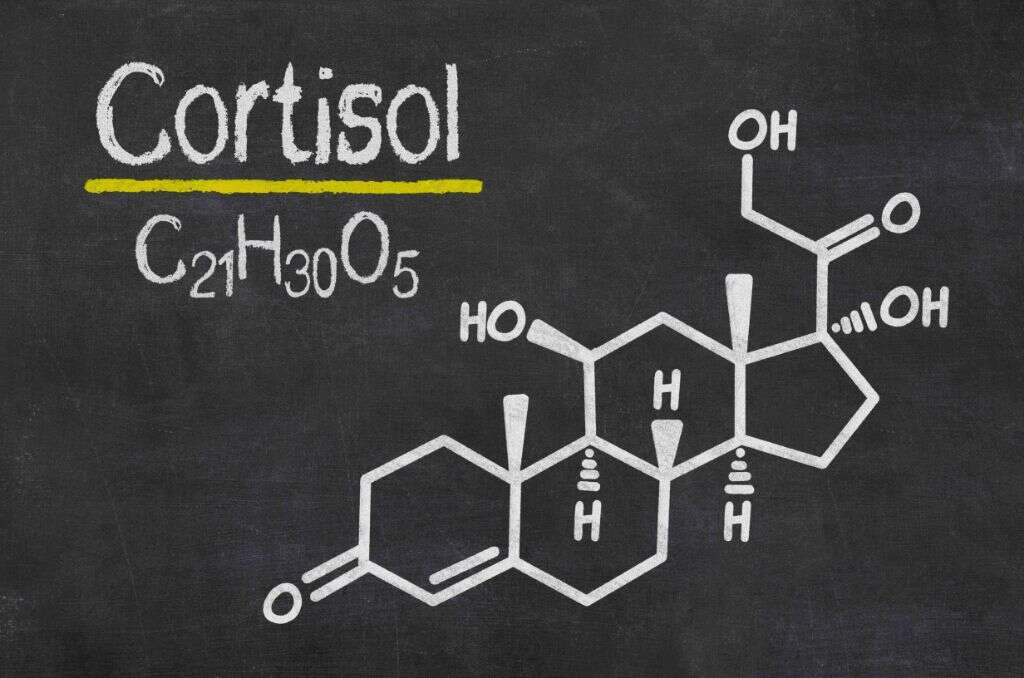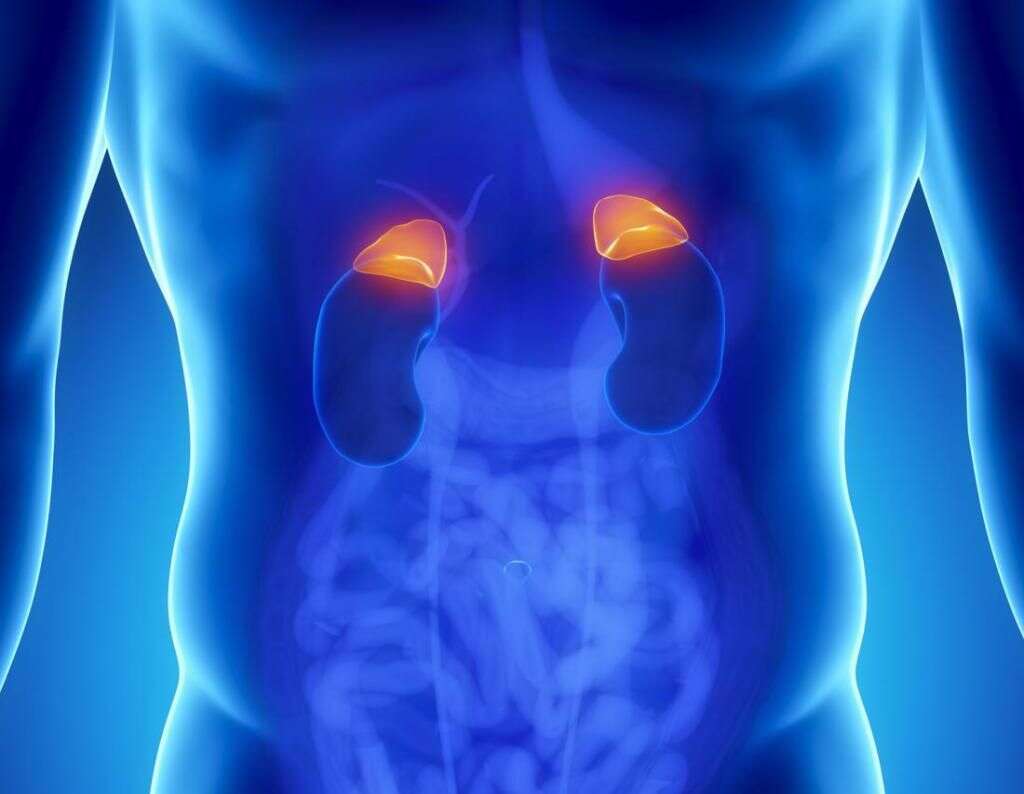What Is Addisonian Crisis?
We hear a lot about hormones, and for very good reasons. Hormones are naturally occurring chemicals that are found in all of our bodies, and they have a huge impact on the day to day running of our bodies. There are numerous types, and they all perform different roles, many of which are essential to us.
It is also important that these hormones exist in our bodies in the right balance. Too much or too little of certain types can have a profound impact on us at a physical level and at a psychological level. The majority of the time these balances are as we need them to be, but things can go wrong. One example of things going wrong is an Addisonian crisis.
1. Adrenal Glands
Located on top of our kidneys are two small glands known as the adrenal glands. These glands are an important part of the endocrine system, which helps to produce and regulate levels of hormones in our body. Hormones are very important to us because they help to regulate various functions of the body. They also have an impact on how we feel.
Different glands are responsible for different types of hormone. In the case of adrenal glands, they are responsible for hormones that help to regulate things like our blood pressure, our metabolism, and our stress levels. This means that a problem with the adrenal glands can result in some very unwelcome symptoms.
2. Cortisol
One of the hormones that the adrenal gland helps with is cortisol. This is a hormone that is responsible for a number of functions in the body including things like regulating the metabolism, reducing controlling blood sugar levels, helping with forming memories, and reducing inflammation.
Another hormone that the adrenal gland is responsible for is aldosterone. This hormone is a type of steroid, and it helps to regulate the levels of water and salt in the body. This makes it a very important hormone because it also helps to regulate our blood pressure. If there was a problem with the levels of either of these hormones in the body then it can cause numerous problems.

3. Addison’s Disease
Addison’s disease, which is also sometimes known as adrenal insufficiency, is a condition where the adrenal glands don’t produce enough aldosterone and cortisol. It is a condition that can affect people from all walks of life and of all ages. It is life-threatening in some cases.
Addison’s disease tends to develop very gradually, and the patient will barely notice symptoms to begin with. When symptoms of Addison’s disease do show, they tend to include fatigue, irritability, joint pain, low blood pressure, weight loss, and abdominal pain. The condition can usually be managed to help at least limit the impact on the patient’s quality of life.
4. Addisonian Crisis
An Addisonian crisis, which is also known as acute adrenal failure, is potentially a very serious medical condition. The symptoms are likely to come on suddenly and they can cause the patient to go into shock. It is caused when the adrenal gland is no longer producing the amount of cortisol that the body needs.
An Addisonian crisis most often happens when Addison’s disease has been left untreated, meaning levels of cortisol in the body have been allowed to drop to dangerous levels. If a patient with Addison’s disease starts to show certain symptoms then they should be found medical assistance without hesitation.

5. Autoimmune Causes
As mentioned, the most common cause of an Addisonian crisis is Addison’s disease that has been left untreated. Addison’s disease itself is often a result of an autoimmune condition. This basically means that the patient’s immune system attacks the adrenal gland after wrongly recognizing it as something potentially harmful.
Autoimmune conditions are not at all well understood, making it very difficult to treat them. Patients can be treated with medication that will help to weaken the immune system, but this can make them susceptible to picking up other diseases. In many cases, the patient will need to try and avoid doing anything that might trigger the immune system into attacking their body.
6. Other Causes
While Addison’s disease is the most common cause of an Addisonian crisis, it is not the only cause. Basically, anything can cause the condition if it affects the adrenal gland’s ability to function significantly enough. This can mean other diseases, and it can also mean physical damage.
Some medications, particularly glucocorticoids, can result in an Addisonian crisis. It can also be caused by certain types of infection if they are severe enough. Surgery on the gland is another potential cause, and bleeding caused by the used of blood thinning medication is another potential cause. Tumors on the adrenal gland can also result in an Addisonian crisis.

7. Triggers
People that go through an Addisonian crisis will often do so after having experienced a trigger that sets the condition into motion. In people that have untreated Addison’s disease, this often means stress. This is because they will have too little cortisol in their body, meaning their body won’t be able to cope with the effects of stress.
Other triggers that can result in an Addisonian crisis include severe dehydration. A severe infection is also a trigger in some cases, and physical injuries are also potential triggers for the condition. Regardless of the trigger, the patient should be found medical assistance as soon as symptoms of an Addisonian crisis develop.
8. Symptoms
Symptoms of an Addisonian crisis typically include a loss of appetite and pain in the abdomen. The patient may also feel dizzy and they may also start to vomit. Fever and chills may also develop and the patient may also begin to sweat excessively and for no apparent reason.
Many patients suffering from an Addisonian crisis will complain of a sudden pain in their legs and/or their lower back. They can also come out with skin rashes, develop a fast heart beat, and their blood pressure can also plummet. Becoming confused more easily than usual is another potential cause, and the patient may also lose consciousness.

9. Diagnosis
If an Addisonian crisis is suspected then the doctor will need to act quickly. One of the first things they are likely to do is to take a blood sample to look for levels of cortisol. If cortisol levels are lower than usual then it is important to ensure their cortisol levels are stabilized straight away.
Once this is done then the experts will look for signs that your adrenal glands are not functioning as they should be. This includes tests that can help to look for abnormal levels of sodium and potassium as well as checking for levels of glucose in the blood. It will also be necessary to perform more tests looking for cortisol levels.
10. Treatment
Treatment for an Addisonian crisis must be given immediately, otherwise the patient’s life is very much at risk. This typically means an injection of hydrocortisone that will help to make up for the low levels of cortisol in the body. Such an injection is often already available to people that have been diagnosed with Addison’s disease.
This means that many people are likely to administer the injection themselves. Once the episode is over, they should make sure they still go to see a doctor. It is important that the patient is given a thorough examination to be sure their condition is genuinely stable.











